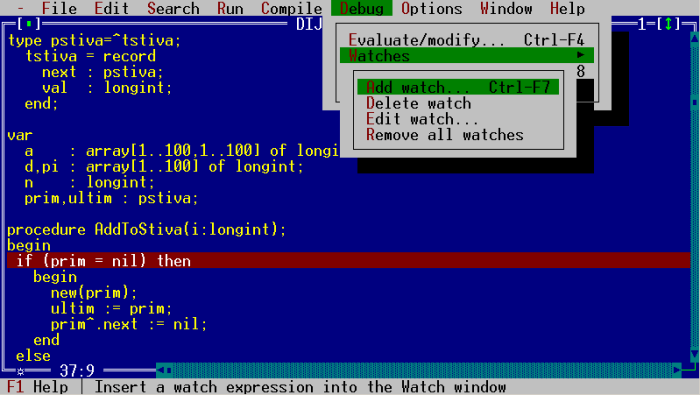Supporting Open Source Projects in the Microsoft Ecosystem
As part of my new advertising initiative, Microsoft and I are teaming up to donate $10,000 in support of open source .NET projects.
Why am I focusing on .NET open source projects? In short, because open source projects are treated as second-class citizens in the Microsoft ecosystem. Many highly popular open source projects have contributed so much to the .NET community, and they’ve gotten virtually no support at all from Microsoft in return. I’d like to see that change. In fact, I’ll go even further – I think it must change if Microsoft wants to survive as a vendor of development tools.
Of course, I’m not the first person to make this observation:
- Scott Hanselman
It’s a shame that Microsoft can’t put together an organization like INETA (who already gives small stipends to folks to speak at User Groups) and gave away grants/stipends to the 20 or so .NET Open Source Projects that TRULY make a difference in measurable ways. The whole thing could be managed out of the existing INETA organization and wouldn’t cost more than a few hundred grand – the price of maybe 3-4 Microsoft Engineers. - Ayende Rahien
The open source community in .NET is big, but it is only a fraction of the size of the open source community in other environments (Java, for instance). This disparity can be explained by looking at the basic facts of the .NET community: there’s one central vendor, Microsoft. This puts Microsoft in a position where they have the ear of every .NET developer, team lead and architect. And Microsoft isn’t doing anything to foster a healthy OSS community around .NET. - Dave
In my company’s commercial application we depend upon DotNetNuke, Nant, log4net, NUnit and other open source tools. Those open source projects help support us. In fact, without DNN, we would probably be out of business because our developments costs would be too high. In turn, my company helps support Microsoft through the purchase of licenses and MSDN subscriptions. Yet Microsoft does not complete the circle by financially supporting any of those open source projects. - Joe Brinkman
I believe it is in Microsoft’s best interests to identify a handful of open source projects to support, especially where those projects fill a void in the Microsoft product line, or where the project promotes the adoption of Microsoft products. However, I think the project bears even more responsibility to identify how they can benefit a potential corporate sponsor, and then actively pitch the idea to the corporation whose sponsorship is being sought. The project should care more about developing and growing this relationship than the corporate sponsor, since the project could well die without the support, while the corporation only loses one of many potential opportunities.
Open source software is at its best when you aren’t obligated to do anything at all other than use it. But given the disappointing lack of official support for open source projects in the Microsoft .NET ecosystem, it’s time for us to band together and do something about it. When Anand mentioned that he could match my $5,000 donation with funds from Microsoft, I was thrilled. This is a fantastic opportunity for Microsoft to step up to the plate and make their support for open source .NET projects explicit in a very public way.
Here are my initial thoughts on splitting up the $10,000:
- Three donations of $2,500 for the most worthy established .NET open source projects.
- Five donations of $500 for new, up and coming .NET open source projects.
I’d also like to see this become a yearly event. As long as my advertising revenues hold up, I’m certainly willing to contribute a percentage back to the community every year.
All of this will be determined by popular vote, of course. Let’s start by getting together a list of candidates. I’m soliciting nominations. Which .NET open source projects do you find most useful?








